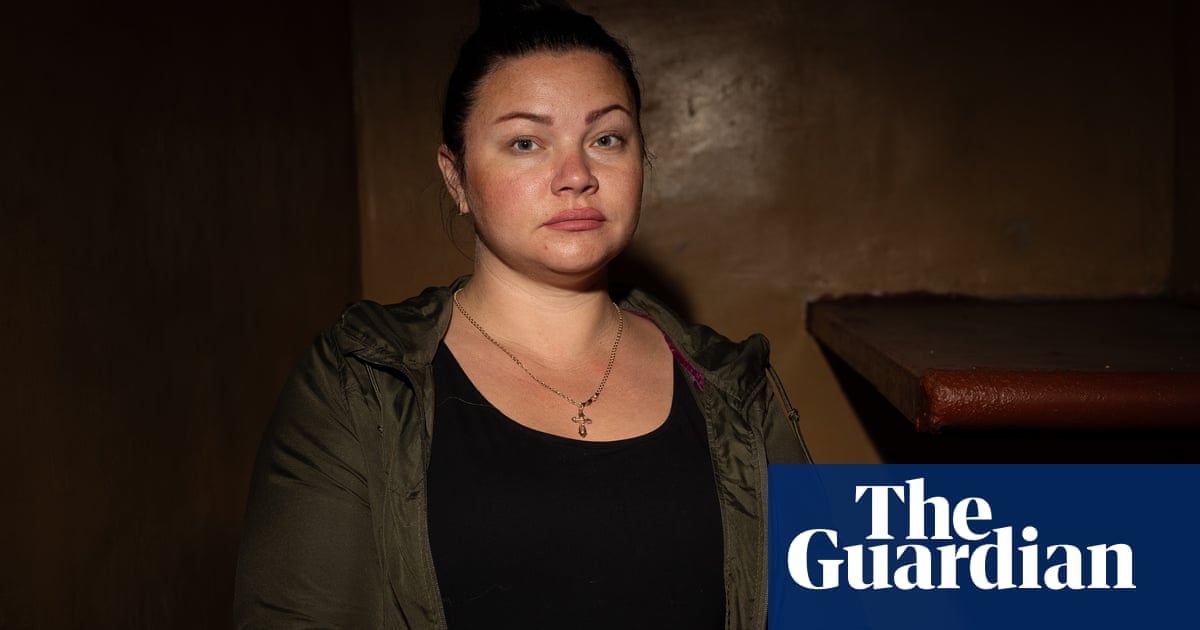I wonder what could be done in advance to prepare for an operation like that.
If Ukraine could capture enough ground, then they may be able to slowly bring across small groups of tracked vehicles, then quickly move them to safer locations on the south side.
Russian gliding bombs are inaccurate, Ukraine may be able to make it risky for Russian helicopters to get close to the crossings.
They could try crossing an night, that is more risky, but they might have vehicles that can do that.
I have a long standing opinion that if Ukraine could develop a suitable bridgehead, and amass a suitable force in this area it, could be a very profitable attack.
The Russians are hoping that the river forms part of their defence,
I know that this isn't a easy or risk free option, hence it is best to slowly build momentum.
As you suggest, if the Russians do react, that may create opportunities elsewhere.
Before the Russian election seems like a bigger opportunity than after the election. Even though the election isn't what we will call an election, any losses will have an embarrassing impact and may dent Putin's authority. After the election he can do a mobilisation and anything else he needs to do to step up the Russian efforts.








